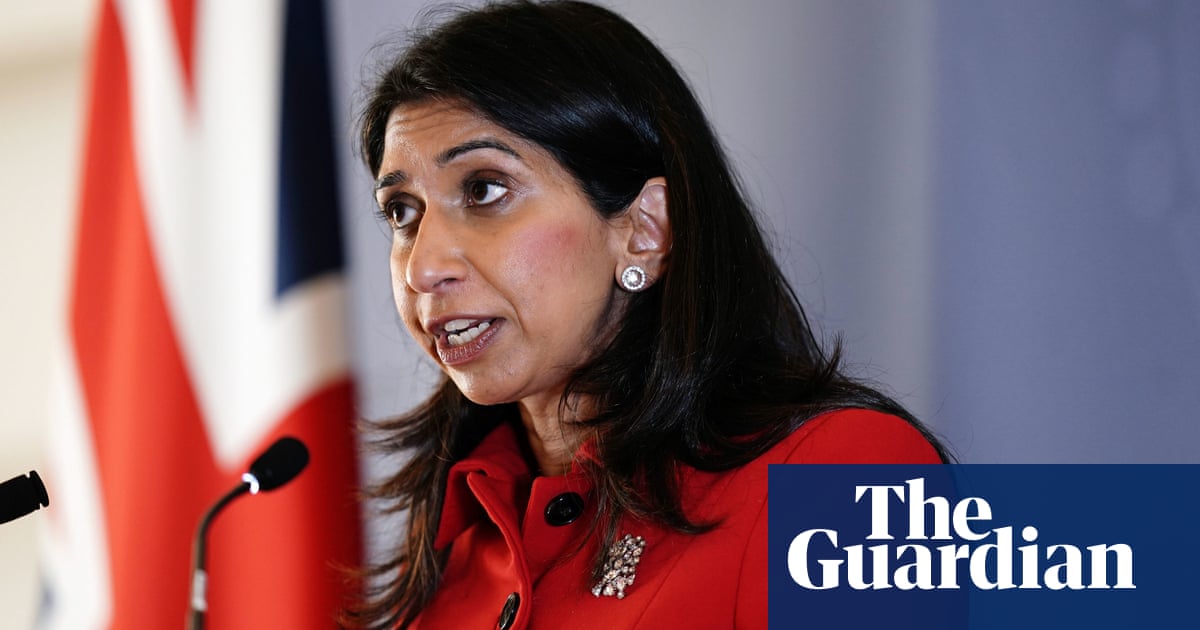
British science is facing the threat of a highly damaging brain drain that could see scores of top young researchers leaving the UK. In addition, the futures of several major British-led international projects are also now in jeopardy following a delay in funding by the European Union.
Senior scientists say the UK’s scientific standing is at serious risk while others have warned that major programmes – including medical projects aimed at tackling global scourges such as malaria – face cancellation.
“There is a real prospect that bright young scientists will decide it will be best for their careers if they leave the UK,” said Martin Smith, head of policy at the Wellcome Trust. “At the same time, if research partnerships involving the UK break down, Britain will no longer be seen as a reliable scientific partner. UK science will suffer.”
British science is threatened because of the government’s ongoing rows with the EU. After Brexit, ministers had agreed a deal that would allow Britain to continue to play a major role in Europe’s vast research programme. But the subsequent failure of talks over Northern Ireland has led to a major delay with this arrangement. As a result, dozens of scientists given grants earlier this month as part of this year’s round of EU funding awards had these offers revoked only a few days later.
“We got a letter congratulating us because it had been decided to give our malaria project an €8m [£6.7m] grant from the EU’s Horizon programme,” said Professor Chris Drakeley at the London School of Hygiene and Tropical Medicine (LSHTM).
His team had put together a research programme aimed at identifying people infected with the malaria parasite, Plasmodium vivax, which can lie dormant in a patient’s liver for years before triggering illness. “We were delighted,” said Drakeley. “ It had been very hard work putting together the project and setting up partnerships in Africa. Then, a couple of days later, we got a new letter saying the UK was now ineligible to take part.”
Drakeley is now trying to find new partnership deals within the EU to ensure the project can proceed. “We are ploughing on in the hope it’s going to go ahead, but it’s all very uncertain,” he told the Observer.
The EU has two main approaches to research funding, which it implements through its Horizon funding scheme. One is to give out highly prestigious European Research Council (ERC) grants to individual researchers. The other is to provide awards to groups of institutions who wish to combine forces for research, such as the malaria project. After Brexit, the UK agreed to pay £15bn over seven years to remain in these schemes.
The deal, agreed a year ago, was greeted with relief by UK scientists, who have a strong record in attracting EU funding. This would allow them to continue with projects in a host of different fields, from medicine to physics. But now that the agreement has been suspended, there is a growing fear that the impact on British science could be highly damaging.
“British scientists are now in the position where they are getting no research funding from the EU and no funding from the UK government to fill that gap,” said Liam Smeeth, director of LSHTM. “Things are going to fall apart and really harm UK science around the world. We are a global superpower when it comes to research and now we are throwing it away. It will also lead to a loss of trust and potential partners in future collaborations.”
Nor is the danger confined to hard science. The British Academy has pointed out that about a third of all UK archaeology research is funded from Europe while classics, law and philosophy also get substantial support this way. “If that source disappears, then we would face a real risk of triggering a brain drain,” said Hetan Shah, chief executive of the British Academy.
The government has said it is trying to find ways to make up any funds that are lost to researchers in the UK. However, the uncertainty is causing damage, say senior scientists. They also point out that ERC grants are so prestigious, receiving one represents a boost to a young researcher’s career. A cash substitute is very unlikely to be attractive enough to keep many of their recipients in the UK.
This point was also stressed by John Dainton, founder of the Cockcroft Institute, a centre for particle accelerator research in Cheshire. It has attracted dozens of top young researchers from across the world over the years. “Now that is all under threat,” Dainton told the Observer. “Young researchers won’t see any reason to stay and work in a country that has hung itself off the edge of Europe and is drifting into the Atlantic without direction. It is extremely worrying.”
A government spokesperson said: “The UK stands ready to formalise our association to EU programmes at the earliest opportunity but, disappointingly, there have been persistent delays from the EU. To reassure researchers and innovators, the UK government has guaranteed funding for the first wave of eligible, successful applicants to Horizon Europe, who have been unable to sign grant agreements with the EU.”












